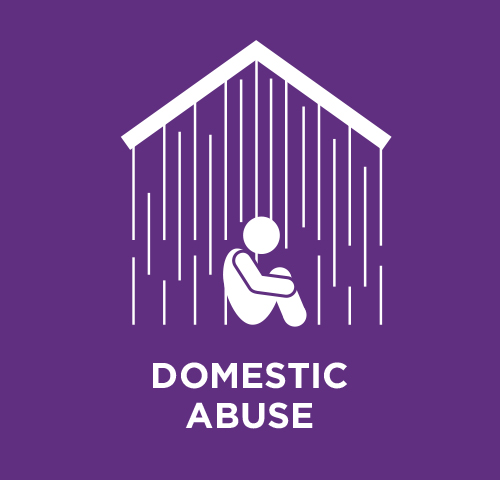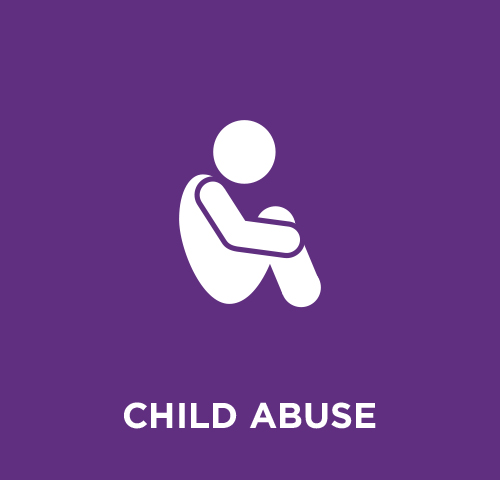The biggest challenge is determining what is abuse, and what is normal sibling behaviour. Almost all siblings fight. Abuse occurs when one sibling consistently intimidates, terrorizes or controls another.
On this page:
Types of Abuse
- Psychological: any act that diminishes a sibling’s sense of identity, dignity, and self-worth through such things as name calling, shaming, threats, false accusations, manipulation, provocation, and destroying a sibling’s belongings.
- Physical: the deliberate intent to cause physical harm or injury
- Sexual: may involve sexual touching or rape and also includes: forcing two or more children to engage in sexual activity with one another; forcing siblings to watch sexual activity or pornography, and repeatedly watching them dress, shower, or use the toilet when they do not want to be watched
Risk Factors
- exposure to different forms of violence, for example through other family violence
- unhealthy family relationships, parental neglect or lack of supervision, favouritism
- parental acceptance of abuse, silence and ignorance
- sex of child (younger female siblings are more often victims)
- age of child (older siblings are more commonly the abusers)
- the abuser has their own experiences of being bullied or abused
Get Help!
- With your family
- Tell your parent what’s going on and ask for their support in dealing with your sibling’s aggression.
- Suggest family therapy, or therapy for your sibling to help them get a handle on their aggression.
- If your parent minimizes the abuse, find another adult you trust such as a teacher, another family member, or your doctor.
- Enlist their support in speaking to your parents if they haven’t acknowledged the abuse.
- With your sibling
- If safe to do so, work with your sibling to figure out what is causing their aggression towards you. They may have something going on in their life that they need support with. You can listen and be empathetic towards them, and help them find therapy, but tell them you won’t allow them to project their personal issues on you anymore.
- If you know what triggers them, walk away before it escalates.
- Set boundaries with them.
- Seek counselling for yourself. Abuse can have a lasting negative impact on your mental health and self-esteem. By speaking to someone, they may be able to help you minimize those long term impacts.
- If you’re in serious danger due to your sibling’s abuse, call 911.
Source: wikiHow
Resources

Eagles Nest: HOPE Centre (Home of Practical Education) offers a variety of services and supports including counselling, coaching, support groups and educational classes to individuals and families seeking to achieve positive change in their lives with a focus on building self worth, cultivating healthy relationships and navigating through trauma or difficult circumstances.

ShelterSafe.ca is an online resource for women and their children seeking safety from violence and abuse. It allows women to quickly find and connect with the nearest shelter in a specific geographic area that can offer safety, hope, and support.

Support Services for Male Survivors of Sexual Abuse provides help for male survivors of sexual abuse, through individual and group counselling, peer support, telephone and online counselling, and referrals to other appropriate community support services to meet other long-term needs.
1-866-887-0015: 24 hour, multilingual, toll-free phone line for immediate crisis and referral services.
Back to Living with Abuse



